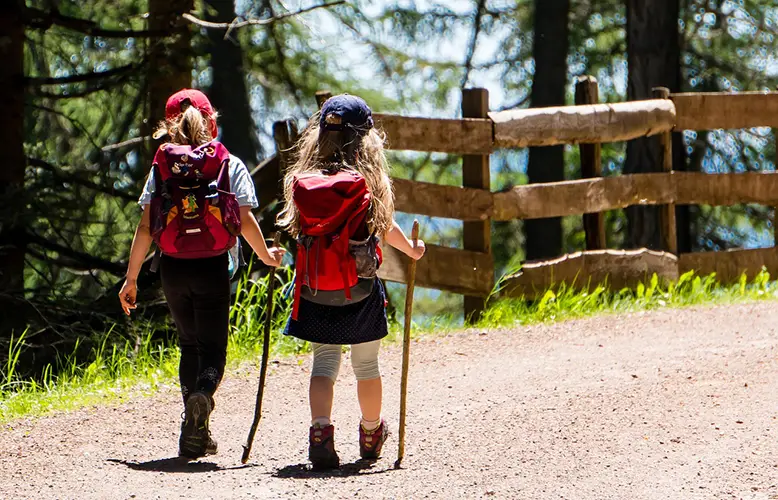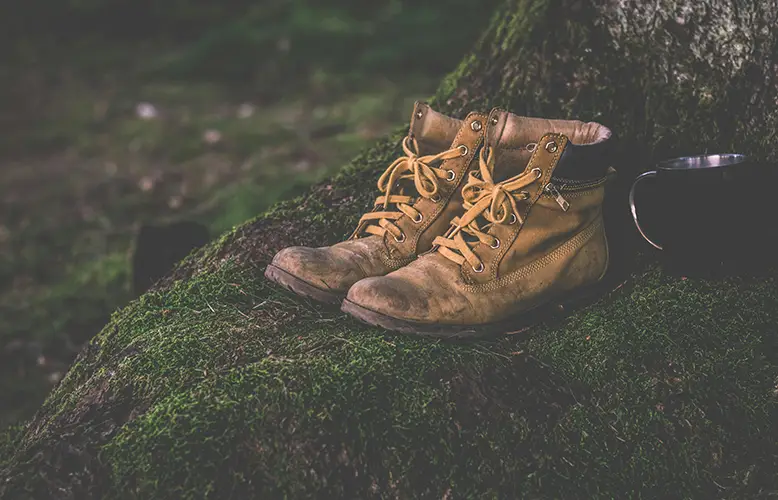Climbing expeditions attract adventurers seeking challenge and beauty in nature’s peaks. Know that these journeys come with inherent risks and physical demands that require a well-thought-out approach. Here’s where a climbing guide comes in handy.
A qualified guide will improve the experience and safety for all climbers. Their responsibilities can help climbers grasp why hiring one is beneficial for their adventure. Guides have specialized knowledge and skills that elevate an expedition from just a climb to an engaging experience filled with discoveries and enjoyment.

Why You Need Experienced Climbing Guides
Thanks to experienced climbing guides, climbers can rest assured they will face manageable challenges on their adventures. They possess extensive knowledge of various climbing routes, weather conditions, and necessary gear, enabling them to make informed decisions throughout the journey. Their understanding of altitude sickness and physical fitness allows them to tailor the expedition to each climber’s capabilities.
Seasoned guides continuously assess risks and make real-time adjustments when conditions change for the safety of the team. This expertise ensures reliable navigation and improves the group’s confidence during the climb. Guides provide insights into the region’s history and ecology, enriching the adventure with valuable knowledge.
Booking Guided Excursions
Finding the right climbing guide or agency is key for a successful expedition. Research qualifications and certifications when choosing a guide, as this establishes a level of trust in their capabilities. Look for guides with experience in the specific type of climbing you plan to undertake. If you are keen to climb Mt Blanc, you should choose a guide familiar with its unique challenges. Reading reviews and testimonials from previous clients can provide insights into their guiding style and professionalism.
Establishing clear communication with potential guides before the booking solidifies expectations. Discuss available routes, group sizes, and personalized experiences to boost the planning process. Booking early allows for better availability and options so that you have ample time to prepare for the adventure ahead.
Pre-Expedition Preparations
Before the climb begins, be prepared. Guides outline physical and technical skills needed for the expedition and help climbers understand the importance of acclimatization and gear checks. Discussions surrounding team dynamics and safety protocols are held during this phase, enabling a cohesive atmosphere.
Guides conduct individual assessments to evaluate participants’ fitness levels and climbing experience, allowing them to formulate a personalized plan. Everyone in the group will be on the same page, with clearly defined roles and responsibilities. Experienced guides excel in creating contingency plans, an action taken when conditions become unfavorable.
Equipment and Safety Measures
The right gear forms a cornerstone of any climbing expedition. Guides are adept at advising climbers on basic equipment needed for their journey, from harnesses to helmets, ropes, and protective gear. All the gear should be appropriately fitted, maintained, and suitable for both climber proficiency levels and environmental requirements.
They look into weather patterns and predict possible hazards to choose the safest routes. Regular safety checks throughout the climb confirm that the equipment used remains in optimum working condition. Should issues arise, skilled guides are trained to manage emergencies effectively and provide first aid and logistical support as needed. Trusting your guide with equipment logistics allows climbers to focus on the thrill of the ascent while feeling secure in their safety.
Environmental Stewardship and Awareness
Climbing guides prioritize safety and encourage a great respect for the environment. They teach climbers about the delicate ecosystems encountered in the mountains, emphasizing the need to tread lightly. Understanding the Leave No Trace principles and practicing eco-friendly behaviors during the climb preserves the beauty of these natural terrains.
Guides set an example for proper waste management and responsible camping practices. By raising awareness within the climbing community, they encourage outdoor enthusiasts to act responsibly and be guardians of the environment. The appreciation for nature will improve the climbing excursion and contribute to the protection of these natural treasures for future generations. Educational discussions about local wildlife and flora can create a deeper appreciation for the mountains, enriching the entire climbing experience.
The Emotional and Psychological Aspects of Climbing
Climbing presents emotional and psychological challenges when navigating difficult routes or adverse weather conditions. Guides are trained to support climbers emotionally, encouraging them to push their limits and recognize their boundaries at the same time. Establishing a strong rapport improves teamwork and forges bonds that build trust among climbers and their guides.
The support of a skilled guide can reduce anxiety so that climbers can enjoy the journey. During tough moments, motivation from a guide can be a pillar for climbers, reminding them of their goals and the beauty waiting at the summit.

The contribution of a climbing guide goes beyond mere navigation and safety protocols. They shape the entire experience so that climbers are well-prepared, safe, and connected to the stunning environment around them. Successfully completing a climbing expedition requires extensive planning, skill, and support, all of which guides provide.





